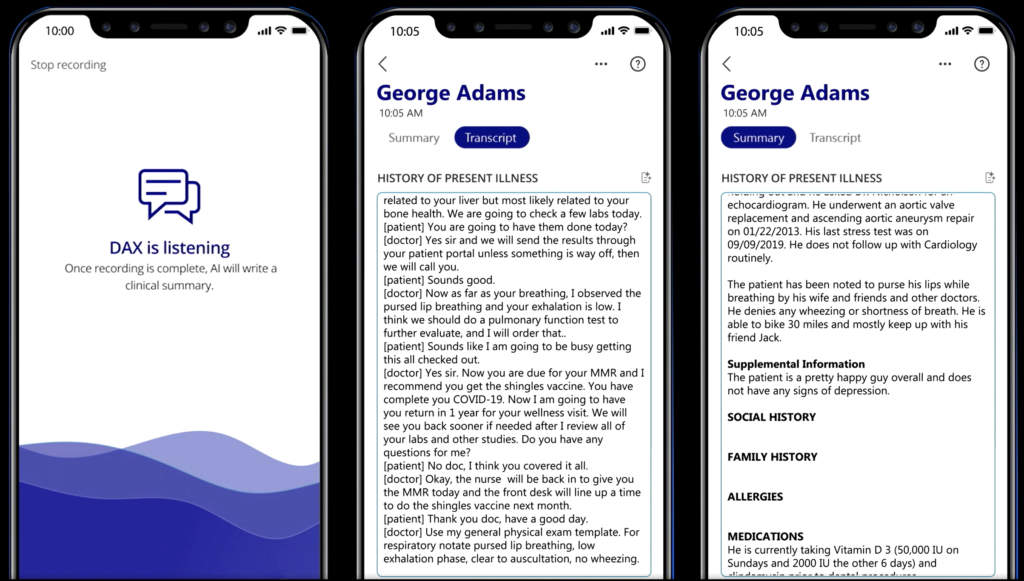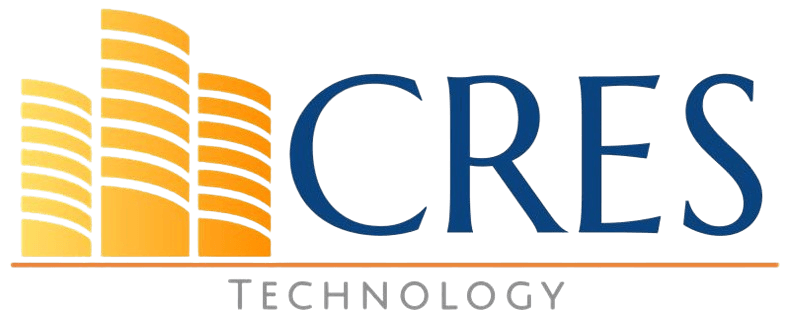
In the healthcare industry, information technology services are critical for providing efficient patient care, improving operations, and ensuring the security and privacy of patient data. Healthcare organizations are increasingly relying on IT software and services to streamline their operations, manage patient records, and leverage technology to improve patient outcomes. However, managing IT in the healthcare sector comes with unique challenges. In this article, we’ll explore the distinct hurdles healthcare organizations face and the solutions that can help them navigate these challenges effectively.
Unique Challenges in Healthcare IT Services
- Data Security and Privacy
One of the paramount concerns for healthcare organizations is the security and privacy of patient data. With ever-increasing cyberattacks and data breaches, the risks of unauthorized access to sensitive patient information are a huge threat. Breaches jeopardize patient privacy and lead to legal and ethical concerns for healthcare providers.
To overcome these challenges, healthcare organizations need to implement stringent security measures, including encryption, regular audits, and employee training. Data security protocols should align with HIPAA standards to ensure patient data remains confidential and protected.
- Regulatory Compliance

Healthcare organizations are subject to a variety of regulations and standards governing IT services, with HIPAA being specific to the industry. Ensuring compliance with these regulations is critical. Non-compliance can result in severe penalties and damage to an organization’s reputation.
Healthcare organizations should invest in staff training and compliance management tools to stay updated on evolving regulations and maintain adherence.
- Data Retention
Managing patient data efficiently is vital. Healthcare organizations need to balance data accessibility for healthcare providers with data security for patients. It is crucial to have well-defined data retention policies that align with the regulations, ensuring that data is stored securely and accessible only to those who need it.
- High Availability IT Support
In this fast-paced world of healthcare, immediate and reliable IT technical support is essential. Too much downtime in addressing technical issues can lead to patient care disruptions and can be life-threatening in critical situations. Healthcare organizations must have systems in place to ensure that IT support is available 24/7 to address any technical challenges promptly.
Solutions for Managing Healthcare IT
- Outsourcing IT Services
Like any industry, outsourcing IT services has emerged as a viable solution for healthcare organizations to address the unique challenges they face. Outsourcing can bring significant advantages, including cost savings, improved efficiency, tech-savvy resources, and enhanced security. Managed IT service providers (MSPs) have the expertise to handle complex healthcare IT needs and keep systems up to date with the latest security measures and regulatory requirements. On the flip side, if the IT service provider is not compliant with HIPAA requirements, that can cause significant issues for the healthcare organization. Therefore, healthcare organizations must verify that the MSP is certified for HIPAA Compliance.
- Electronic Health Records (EHR) Implementation

Implementing EHR systems can improve patient care by streamlining record-keeping, reducing errors, and enhancing data accessibility. EHR solutions can be tailored to meet the specific needs of healthcare organizations, ensuring that patient data remains secure and readily available to authorized personnel. Of course, any software solution for the healthcare industry must be HIPAA compliant. One such example to consider is Dragon Ambient Experience (DAX) software.
- Telemedicine and Remote Patient Monitoring
The adoption of telemedicine and remote patient monitoring has surged, offering healthcare organizations the means to extend patient care beyond traditional settings. These technologies not only expand access to care but also reduce costs and improve patient outcomes. By implementing telemedicine and remote patient monitoring, healthcare organizations can provide timely care, reduce readmissions, and enhance patient engagement.
Future Trends in Healthcare IT Services
The future of healthcare IT is likely to be shaped by emerging technologies such as artificial intelligence, wearable devices, and the Internet of Things (IoT). These technologies will provide healthcare organizations with innovative ways to manage patient data, improve diagnoses, and enhance patient care. Staying up to date with these trends and incorporating them into their IT strategies will be crucial for healthcare organizations to remain competitive and provide high-quality care.
Conclusion
Managed IT services are an integral part of modern healthcare organizations, facilitating improved patient care, operational efficiency, and data security. Healthcare organizations have some unique challenges, regarding data security, regulatory compliance, data retention, and technical support. However, by working with qualified and HIPAA-compliant Managed IT Service Providers, compliant EHR systems implementation, and telemedicine, healthcare organizations can overcome these challenges and provide exceptional care to their patients. As technology continues to evolve, staying informed about future trends in healthcare IT is essential to ensure that healthcare organizations remain at the forefront of delivering high-quality patient care.
How we can help:
We provide IT services for small and mid-sized companies to help them gain a competitive edge. Leveraging our expertise in technology and experience with the healthcare industry, we can help healthcare customers overcome operational and productivity challenges. We are not only HIPAA compliant ourselves, but we can also help achieve HIPAA Compliance Certification for our customers.
Many of our clients struggled with finding experienced IT resources who understood their business, applications, and systems. However, after acquiring our services, their problems disappeared.
Our service approach is to be proactive which means pre-empting problems. The result is the lowest number of support tickets, which is a win-win for all.
About Waqar Hussain

CRES Technology – Director of IT Services
A technology leader with outstanding knowledge, technical expertise, and a proven track record of leading complex infrastructure projects and managing help desk teams.





